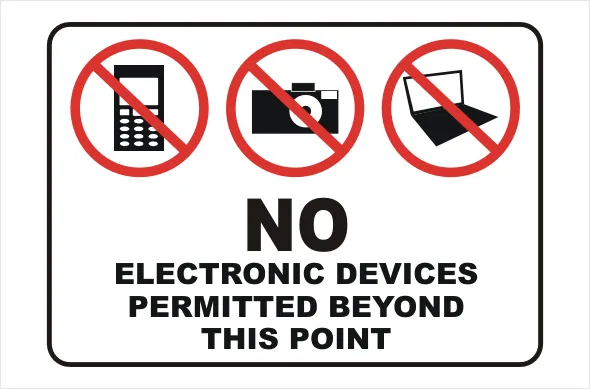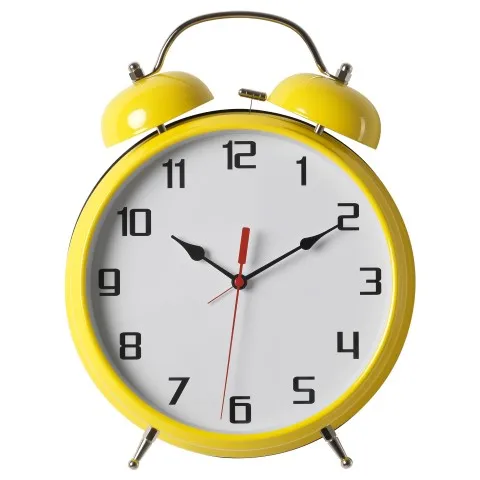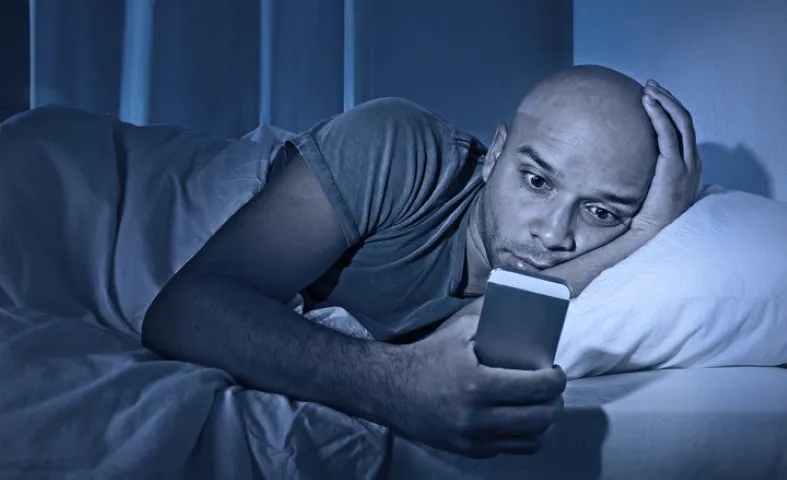How Well do you Really Sleep?
Sleep is one of the most under-rated components of health. According to the Center for Disease Control and Prevention (CDC) in the US, over one third of the American population don't get at least seven hours sleep. But sleep isn't all about duration. Those who are getting at least seven hours of sleep may not be getting 'good' sleep.
What is good sleep?
- You are asleep (not just in bed) before 11pm.
- You do not wake up at all.
- It takes you less than twenty minutes to fall asleep.
- You wake up feeling refreshed.
- You get the right amount of sleep for you (changes from person to person).

As you can see - I don't necessarily believe that you must get at least seven hours of sleep per night. I'd much rather someone was in bed and asleep by 11pm and slept solidly. Even if that sleep is only for five hours, that's still better sleep than sleeping for nine hours but waking up constantly.
Why do you need good sleep?
Sleep has an impact on every system in the body. While you sleep you:
- Detoxify
- Digest
- Restore muscle tissue
- Replenish energy stores
- Burn fat
- Release positive hormones such as testosterone and growth hormone
- Put memories into long term storage
Good sleep helps you burn fat, build muscle and have more energy and focus. That energy and focus can be put towards other activities that help you burn fat, build muscle and develop yourself as a person. The mental focus you get from a good nights sleep, and what you can achieve because of that, is reason enough to improve your sleep - let alone all of the other physical benefits.
A recent study found that one night of poor sleep could increase insulin resistance by up to thirty percent. Insulin is the hormone responsible for dealing with carbohydrates. So what that means is, if you sleep badly, you won't process carbs properly and may be more likely to store them in fat.
How to sleep BETTER!
1. Make sure your room is completely black.
- Remove all artificial lights like TVs, cover up any LED standby lights and make sure you don't have a clock with a light on it.
- Get some blackout curtains or blinds if you live in a bright area. If you can't afford blackout curtains, try placing thick blankets over the top of your existing curtains.

2. Turn off all electronics sixty minutes before bed.
- Turn off your computer, tablet and phone sixty minutes before you want to be asleep.
- Read, have a bath or shower or listen to some music instead of being on electronics.

3. Don't use your phone as an alarm clock.
- Having your phone beside your bed while you sleep makes you sleep worse. The phone can go off, vibrate or flash which interrupts your sleep.
- Your phone will often tell you 'how many hours until your alarm goes off'. Knowing you've only got six hours until your alarm goes off stresses you out and makes it harder to sleep!
- If you have to use your phone as an alarm clock, put it on flight mode and put it on the other side of the room.

4. Don't check the time if you wake up.
- You don't need to know the time. Your alarm clock will go off when its ready to get up so there's no need to know the time. It just stresses you out either thinking about how you can't get to sleep or thinking about how little sleep you've got left to take.

5. Wake up at the same time.
- If you sometimes wake up at 5am and other times wake up at 11am, you are creating jet lag for your body. If you've ever had jet lag you know how bad your sleep becomes when you are jet lagged. Changing the time you wake up is like voluntarily giving yourself jet lag.
6. Keep the bed 'safe'.
- Your bed is for sleep and sex - nothing else. You shouldn't do work, check emails, go on your phone or do anything else in bed. When you get into bed your body should associate it only with those two natural human behaviours.
Do you have any good tips that help you sleep better? Let us know about them in the comments below. If you've found this article helpful and want to improve your health more, check out my Six Week Health Challenge where you could win per week just for joining in and getting healthier!
per week just for joining in and getting healthier!
Yours in health,
Coach Ben @healthsquared